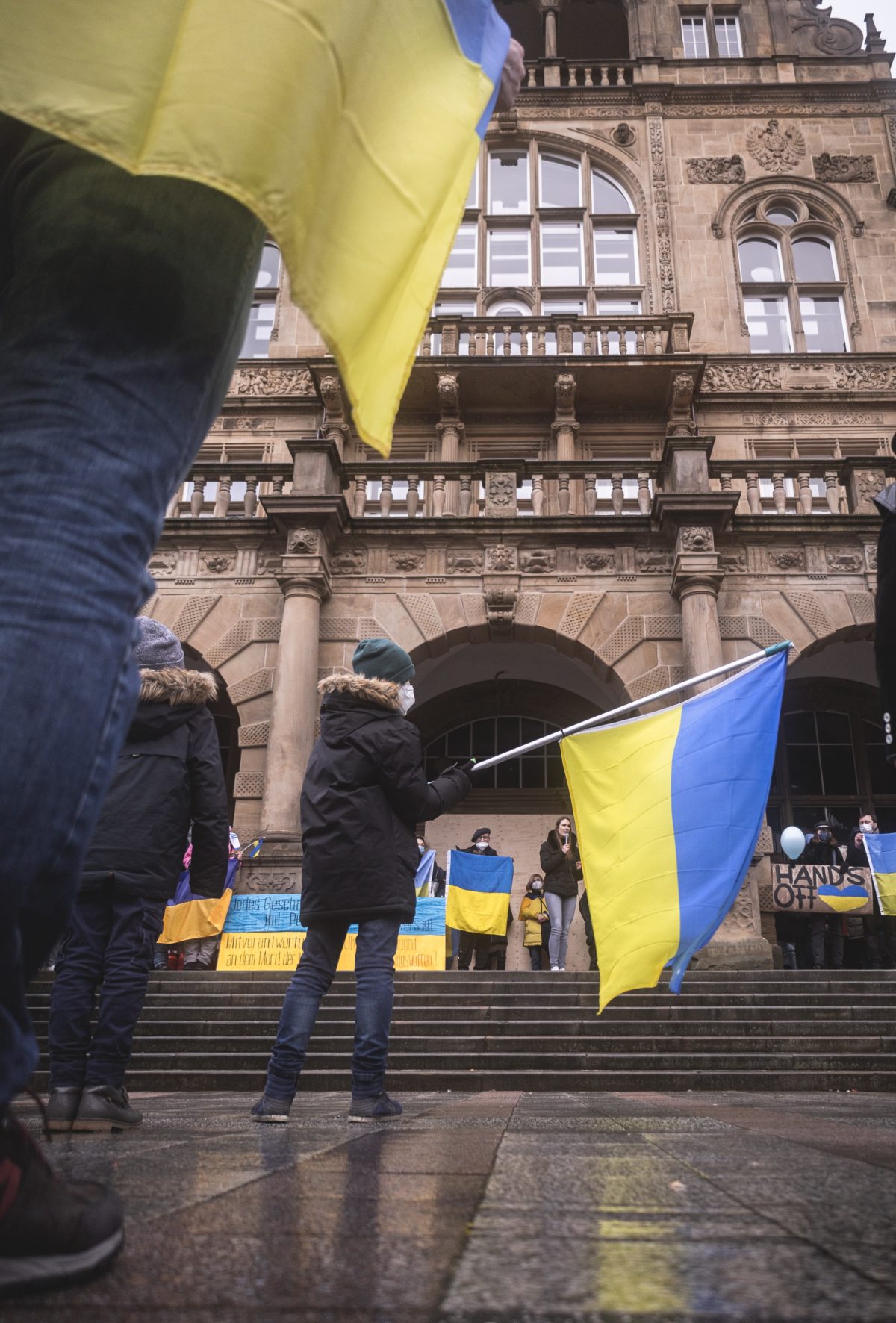Did I miss something? Was there a lull in the slaughter and wreckage wreaked by Russia in Ukraine that allowed the West to devote its mighty intellectual arsenal to poking about pointlessly in Vladimir Putin’s mind?
Gary Mason, national affairs columnist for the Globe and Mail, said Putin is doing this because a rat attacked him in Leningrad when he was a child, from which he learned to “charge at your foe.” Uh-huh. CNN declared an American “top priority” is “figuring out the Russian leader’s state of mind.” The CIA is on it. CBC’s “The National,” after the inferno Wednesday in Kharkiv and the south, ran a vast piece on whether Putin is “in his right mind”; an ex-US ambassador called him “increasingly disconnected” and the fierce Anne Applebaum said he “seems much less rational.” It’s been like a circle jerk of shrinks without actual shrinks.
Why is this pointless? Look, if Putin was mad as a hatter (and no slur on them), the problem still wouldn’t be that his thinking is crazy—it’s that he’s acting immorally and illegally. What he thinks or says doesn’t matter, it’s what he’s done. He could be the sanest guy on the planet; he still doesn’t have the right to invade another country. That’s a crime.
The philosopher Emil Fackenheim, who spent years in psychoanalysis, said it was like feeding a sick horse a pill through a blowpipe: everything depends on who blows first. So what motive might our side have for sponsoring a big dig into Putin’s psyche? Could it help them avoid figuring out what they should actually do? Because that’s what counts: getting out of this mire—and they don’t seem to have many ideas. (I exclude sanctions, which rarely work, hit the wrong people and will take months. Which is like never, if you’re Kharkiv.)
Crazy or not, how did Putin get here? It didn’t just happen. (It may sound like I’m entering the narrative I just mocked, but don’t be deceived. I’m not looking for anything subterranean.) One of the CIA shrinks said Putin was “heralded” in 2000 as “ready to warmly make Russia a part of Europe.” So what happened? No dice. NATO, which only existed to confront the defunct Soviet Union, didn’t do the obvious thing and disband. Instead it expanded east as it had promised not to, encircling Russia as Russia now encircles Ukraine. Russian proposals for a new, inclusive European security structure were rejected.
The U.S. placed missiles in the territory of its new NATO allies on Russia’s border, so that they are seconds, literally, from Moscow. Under Donald Trump, the U.S. had withdrawn from a nuclear drawdown treaty, which Joe Biden hasn’t restored. And Ukraine renounced the hard-bargained Minsk agreements, which had the bones of a settlement. None of this particularly matters, in the sense that grubbing inside Putin’s head doesn’t. But it does hint at some “off-ramps,” a useful cliché.
One expert I liked watching this week was Steve Day. He’s a former leader of Joint Task Force 2, Canada’s murky special forces. Unlike the shrinks and pseudo-shrinks, he’s practical as a hammer. He said what the situation in Ukraine needs is either off-ramps or regime change. He sounded like the guy in Canadian Tire pointing you toward the air conditioners. I kind of wished an interviewer had asked what he thought was in Putin’s mind, just to see him swat the question away like a fly.
Should Ukraine have the right to ally with whoever it wants? Yes. But that isn’t possible, any more than if Mexico wanted to ally with Russia. The U.S. wouldn’t let it. They’d invade, in some form, and make regime change. Period.
What’s the alternative? An arrangement that somewhat satisfies both sides, and which is reached through negotiation, as happened in Europe during the Cold War. From which emerged considerable democratic successes like Finland and Austria. Eventually, history sorted itself out and we’re all still here.




